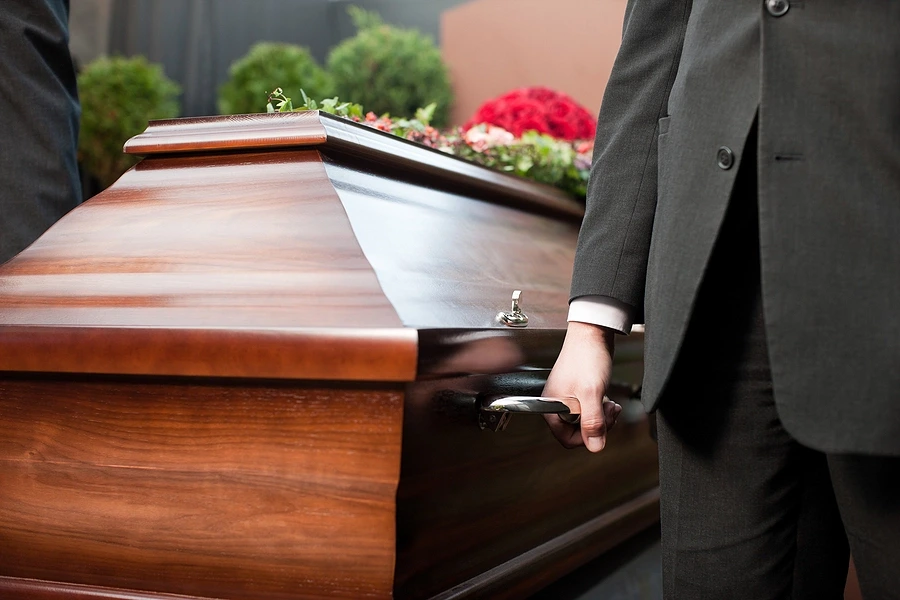Medical Malpractice and Wrongful Death Claims in Orlando’s Healthcare Landscape

In the heart of Florida, Orlando stands as a beacon of both entertainment and healthcare advancement. As medical facilities strive to offer top-tier care, trust forms the cornerstone of the patient-doctor relationship. Yet, there are instances when this trust is inadvertently breached, resulting in tragic consequences. This piece delves into the intersection of medical malpractice and wrongful death claims, shedding light on the legal intricacies within Orlando’s jurisdiction.
Medical Malpractice: A Brief Overview
Medical malpractice occurs when a healthcare professional, through a negligent act or omission, causes injury to a patient. This might include errors in diagnosis, treatment, aftercare, or health management.
It’s essential to understand that not all medical outcomes, even if they’re adverse, equate to malpractice. The crux lies in establishing negligence and deviation from standard care.
Wrongful Death in the Medical Context
A wrongful death claim arises when a person’s demise is directly attributable to another’s negligence or misconduct, in this case, a medical professional or facility.
If a patient’s death is a direct result of medical negligence—such as surgical errors, misdiagnosis, or inadequate treatment—it lays the groundwork for a wrongful death claim.
Establishing the Claim: The Pillars of Proof
Factors that substantiate a wrongful death claim due to medical malpractice:
- Duty of Care: Demonstrating that the medical professional had a duty to provide care to the deceased.
- Breach of Duty: Proving that the care provided deviated from the accepted standards.
- Causal Link: Establishing that this breach directly resulted in the death.
- Damages: Demonstrating the quantifiable impact of the death on the surviving family members, be it emotional or financial.
Navigating the Legal Waters: Orlando’s Specificities
Orlando, within Florida’s bounds, has its specific legal nuances:
- Statute of Limitations: There’s a designated period within which a wrongful death claim must be filed. This period, typically two years from the date of death, can have exceptions based on the case’s specifics.
- Damage Caps: Florida has undergone changes in its stance on damage caps, especially in medical malpractice lawsuits. While some caps have been deemed unconstitutional, nuances persist, making legal guidance crucial.
Beyond the Legalities: The Human Element
In the aftermath of a tragic loss:
- Grief Counseling: Consider seeking professional assistance to navigate the emotional trauma.
- Support Groups: Joining groups with individuals who’ve faced similar experiences can provide solace and understanding.
Expert Guidance: The Role of an Attorney
Medical malpractice and wrongful death intersections are complex. Expert guidance can help in navigating the intricacies, from gathering evidence to understanding Orlando-specific regulations.
Amidst the emotional tumult, an attorney offers objective advice, ensuring decisions are in the best interest of the claimant.
Conclusion
While Orlando shines as a hub of medical excellence, acknowledging the potential for human error is vital. For those grappling with the profound loss due to medical negligence, understanding the path to justice can offer a semblance of closure and redress. Knowledge empowers, and in the intertwining realms of medicine and law, it ensures that trust, care, and justice remain the guiding lights. Stay informed, Orlando, and let the pursuit of justice and healing always walk hand in hand.

 Call Us Today - It's Free
Call Us Today - It's Free